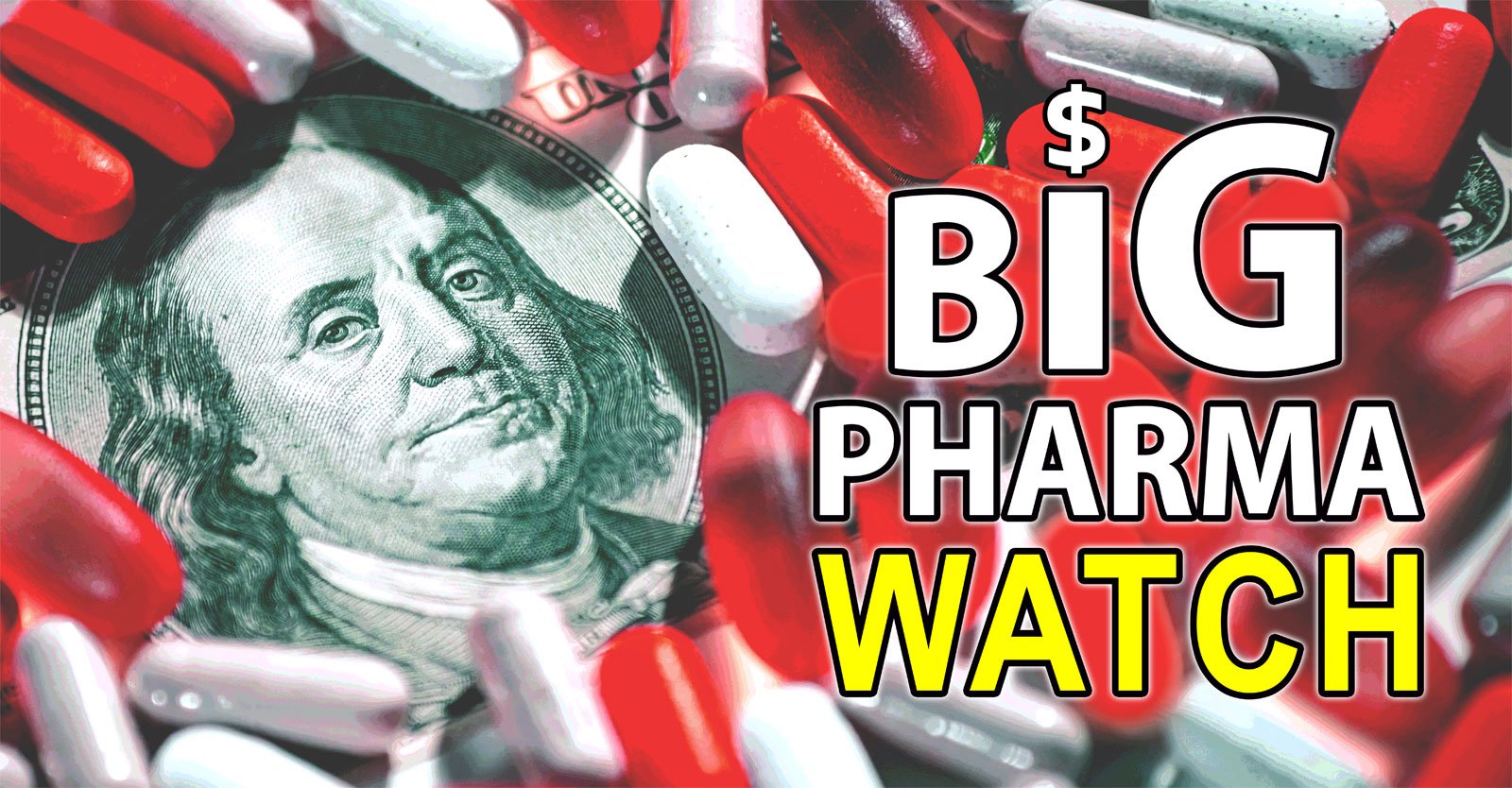Exclusive: Startup Raises $45M for Universal Flu Vaccines Made With mRNA + More

Source: Children’s Health Defense
Exclusive: Startup Raises $45M for Universal Flu Vaccines Made With mRNA
It’s not an easy time to raise money for vaccine development, especially shots that rely on mRNA technology. But against all odds, one startup has cinched $45 million to begin testing an experimental universal flu vaccine next year, Endpoints News has learned.
The company, called Centivax, designed a vaccine that contains a whopping 22 different mRNA molecules encoding proteins from flu strains spanning the past century. The South San Francisco-based company claims animal studies show that the immune system can spot the commonalities between the strains and focus its attack on the tidbits of the virus that are unlikely to change from season to season.
“They always have this Achilles’ heel, a little spot that they can’t mutate. Otherwise, they’re no longer infectious,” Centivax founder and CEO Jacob Glanville told Endpoints. “A universal vaccine, once it’s approved, is just going to be called ‘the vaccine’ because why would people take anything else?”
Some ADHD Meds Can Cause Significant Weight Loss in Young Kids, FDA Warns
A new warning will be added to the label of certain attention deficit-hyperactivity disorder (ADHD) medications over the risk of “significant” weight-loss in young children, the U.S. Food and Drug Administration (FDA) said. Labels of all extended-release stimulants indicated for ADHD — including certain formulations of amphetamine and methylphenidate — will be revised to carry a “limitation of use” section about higher rates of weight loss, among other adverse events, in patients younger than six years.
Manufacturers of extended-release stimulants will be required to add proper labeling about this risk or revise already existing labeling to ensure consistent messaging across the drug class, the agency noted. Currently, none of these medications are approved for kids under six years of age, but they are sometimes prescribed off-label. Typically taken once daily, they come in various dosage forms, including tablets, capsules, transdermal patches, and liquid suspension.
Following an analysis of clinical trial data, the FDA said it found kids under six taking these medications have a higher risk for side effects compared with older children taking the same medications and dosages due to higher plasma exposures.
Novartis Wins Approval for First Malaria Drug for Newborns and Babies
Novartis said on Tuesday it had received approval in Switzerland for Coartem Baby, which it said was the first drug to treat malaria in babies and very young children.
Eight African countries who participated in the assessment are now expected to issue quick approvals for the treatment, which is also known as Riamet Baby in some countries.
Novartis launched Coartem to treat malaria in 1999, with a new dose strength now designed for small babies. The treatment was developed with scientific and financial support from Medicines for Malaria Venture (MMV), a Swiss non-profit group working to deliver medicines to treat, prevent and eliminate the disease that is spread by mosquitoes.
The new infant version of Coartem is dissolvable, including in breast milk, and has a sweet cherry flavor to make it easier to administer. Until now, there has been no approved malaria treatment for infants weighing less than 4.5 kilograms (9.9 pounds), leaving a treatment gap, Novartis said.
Currently available malaria treatments have only been tested in children at least six months old, because the very young are usually excluded from treatment trials.
Brazil Prepares to Test Bird Flu Vaccine in People
Butantan Institute, linked to the São Paulo State Health Secretariat, will begin human trials of the first Brazilian vaccine against bird flu (H5N8). The institute was authorized by Brazil’s drug watchdog Anvisa last Tuesday (Jul. 1) to begin clinical trials and is now awaiting approval from the National Research Ethics Commission.
The monovalent influenza A (H5N8) inoculation should first be tested in two doses, 21 days apart, on adults aged 18 to 59. Tests will then be carried out on people over 60.
The institute has completed pre-clinical studies on mice and rabbits with positive results for safety and immunogenicity (the ability to generate an immune response).
Butantan intends to recruit 700 adult and elderly volunteers to take part in phases one and two of the study at five research centers in the states of Pernambuco, Minas Gerais, and São Paulo. The follow-up for these participants should end in 2026, so that data covering a wide age range can be submitted to Anvisa.
Protecting the False Narrative About Antidepressants
For almost half a century, psychiatry’s narrative has been that we have effective and safe drugs for depression that fix a chemical imbalance. Even though none of this is correct, and even though the false narrative is harmful for the patients, health professionals, drug agencies, medical journals and the media are doing their best to maintain it. I shall illustrate this with two recent examples.
In January 2025, I notified the U.K. drug regulator, the Medicines & Healthcare products Regulatory Agency (MHRA), that the package inserts for antidepressants — called patient information leaflets — contain false statements about depression being caused by a chemical imbalance, and I called for the misleading messages to be removed.
Depression is almost always caused by depressing life events or living conditions. As a patient once said to his doctor, “I don’t want an antidepressant, I want a job!” However, most patients are told they are depressed because they have a chemical imbalance in their brain and are then prescribed a pill that is supposed to fix this problem. This lie is very harmful. When patients are told there is something wrong in their brain chemistry that a drug can fix, why should they ever stop? Most patients on depression pills take them for many years.
CDC Now Recommends RSV Vaccine for Some Adults 50+
U.S. News & World Report reported:
Adults as young as 50 may now qualify for an RSV vaccine if they have certain health conditions, according to a quiet update from the Centers for Disease Control and Prevention (CDC). This marks a change from the CDC’s previous recommendation, which only offered the shot to people 60 and older who were at high risk, the Associated Press reported.
Respiratory syncytial virus, or RSV, is usually mild but can cause severe illness in infants, older adults and people with certain health problems. It affects the nose, throat and lungs. Earlier this year, a group of vaccine experts on the CDC’s Advisory Committee on Immunization Practices voted to expand RSV vaccination to high-risk adults starting at age 50.
However, that recommendation was not executed after Health Secretary Robert F. Kennedy Jr. fired all 17 members of the panel in June. He replaced them with seven new members, some of whom have questioned vaccine effectiveness.














